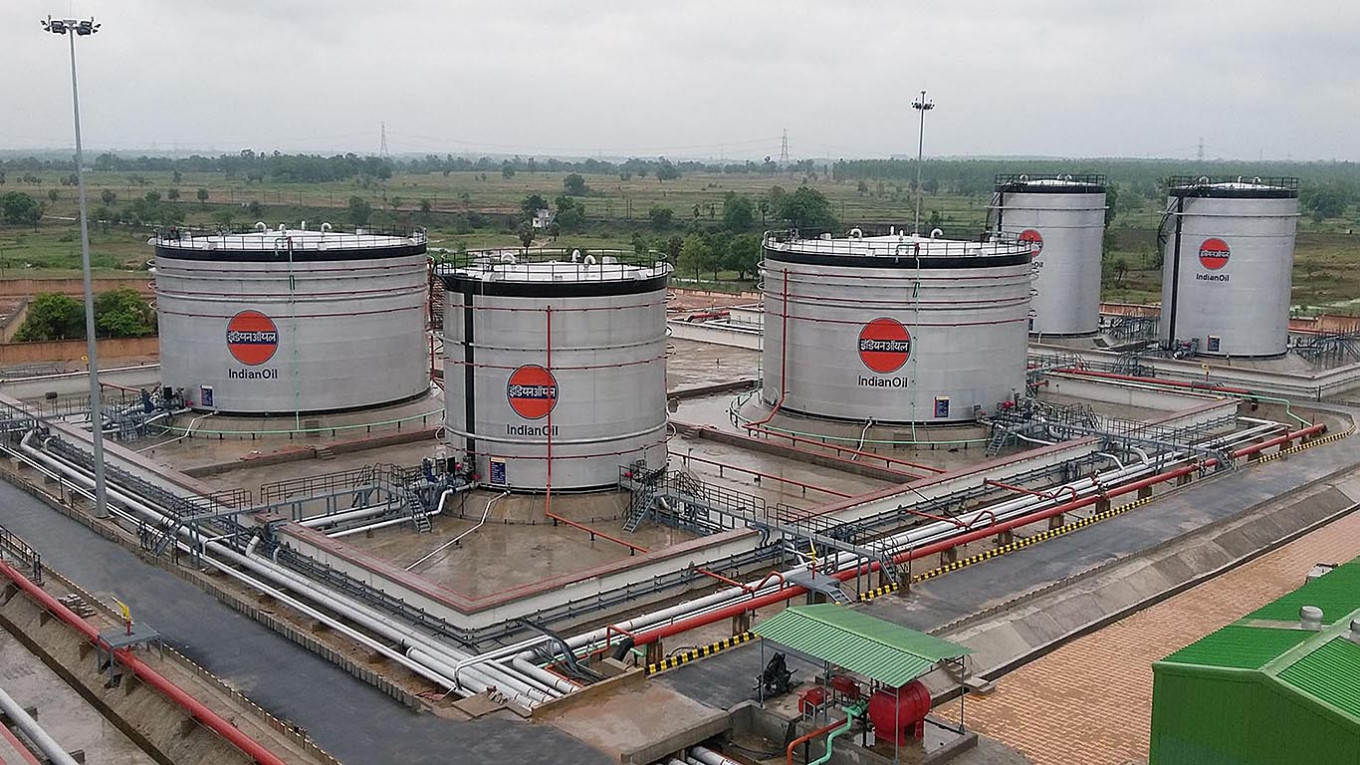India’s largest state-owned oil refiner, Indian Oil Corporation (IOC), has resumed its purchases of Russian crude oil, according to Reuters, despite efforts from the United States to persuade India to limit its energy revenue from Moscow, as reported by traders.
IOC has acquired five shipments of Russian oil scheduled for delivery in December from suppliers not subject to sanctions. This includes approximately 3.5 million barrels of ESPO crude, a premium grade typically sent from Russia’s Pacific coast to Asia.
This decision follows a temporary halt in purchases by Indian refiners last week when the U.S. imposed new sanctions on Russia’s leading oil companies, Rosneft and Lukoil, as part of its strategy to increase pressure on the Kremlin regarding its actions in Ukraine.
The U.S. Treasury has given international buyers until November 21 to reduce their transactions with Rosneft and Lukoil.
Earlier, IOC had canceled seven to eight shipments linked to newly sanctioned Russian affiliates, according to the traders.
The finance director of IOC previously indicated that the company would continue its imports as long as they are in adherence to existing sanctions.
Several Indian refiners, such as Reliance Industries and Mangalore Refinery, paused their purchases, awaiting legal clarity.
New Delhi has asserted its right to acquire discounted Russian oil, describing it as crucial for its energy security.
However, this has become a contentious issue with the United States, which increased tariffs on Indian exports this summer while urging India to decrease its purchases that contribute to financing Russia’s military operations.

